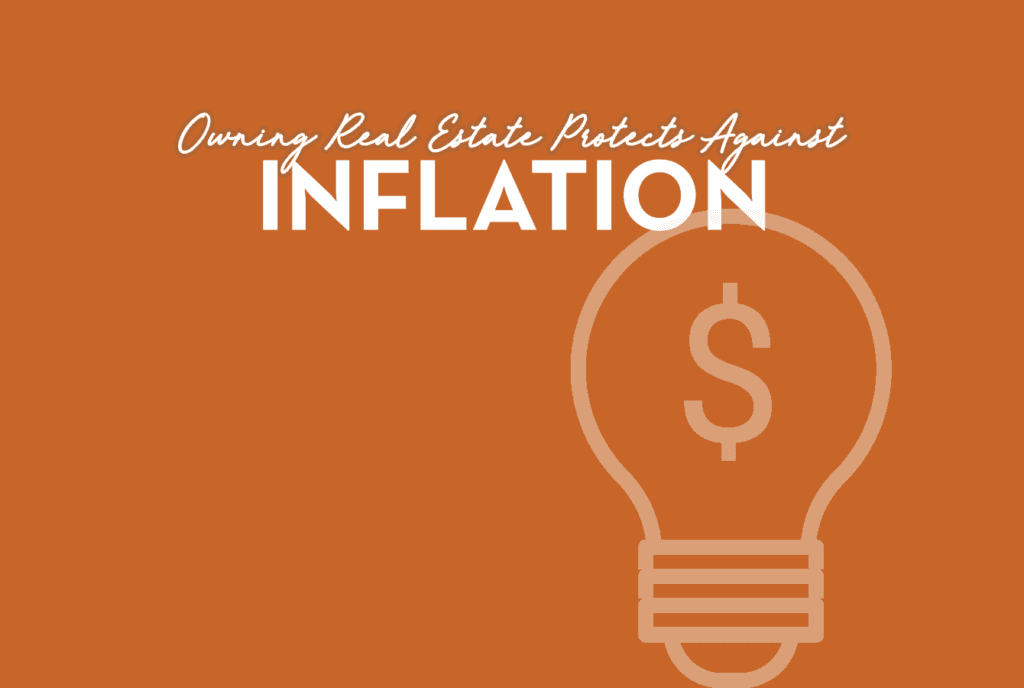In an era of rising costs and economic uncertainty, it’s important to consider how different financial decisions can impact your long-term stability. One such decision is whether to rent or own a home. While renting may offer flexibility, owning a home provides unique advantages, particularly when it comes to protecting against inflation. Unlike rents, which tend to rise with time, a fixed-rate mortgage payment offers predictability over the life of the mortgage, typically spanning 15 to 30 years. In this article, we will explore how homeownership can shield you from the effects of inflation and why maintaining a stable housing payment is crucial in an inflationary environment.
- Predictable Mortgage Payments
One of the main advantages of owning a home is the predictability of mortgage payments. When you secure a fixed-rate mortgage, your monthly payment remains consistent throughout the duration of the loan. This means that while the cost of goods and services may rise over time due to inflation, your housing payment remains stable.
Inflation erodes the purchasing power of money, causing prices to rise steadily. As a result, rents often increase to keep up with inflation. Renters are vulnerable to these rising costs, which can strain their budgets and reduce their ability to save. However, homeowners with fixed-rate mortgages can enjoy the benefit of having a predictable and stable housing payment, unaffected by inflationary pressures.
- Long-term Financial Planning
Homeownership allows individuals and families to engage in long-term financial planning with greater confidence. With a fixed-rate mortgage, homeowners can accurately budget their monthly expenses over an extended period. This stability provides a solid foundation for managing finances and setting financial goals, such as saving for retirement, education, or other investments.
By contrast, renters face the uncertainty of potential rent hikes at the end of each lease term. The unpredictable nature of rent increases can make it challenging to plan for the future. Homeownership offers the advantage of knowing exactly what you can expect to pay each month, helping you allocate resources and make informed financial decisions.
- Building Equity
Another significant advantage of owning a home is the opportunity to build equity. Equity is the difference between the market value of your property and the remaining balance on your mortgage. As you make mortgage payments, you gradually decrease the principal amount owed, effectively building equity in your home.
In an inflationary environment, real estate values generally rise over time. By owning a home, you stand to benefit from the appreciation in property values. This growth in value can act as a hedge against inflation, providing a valuable asset that can help offset the rising costs of other goods and services.
Additionally, homeowners may have the option to tap into their home equity through various means, such as a home equity loan or a home equity line of credit (HELOC). These financial instruments can provide a source of funds for emergencies, home improvements, or other investments.
Conclusion
In a world where inflationary pressures can erode the value of money and increase the costs of goods and services, owning a home offers a significant advantage. Unlike renters, homeowners with fixed-rate mortgages enjoy the predictability and stability of consistent housing payments. This stability enables better long-term financial planning and protection against rising rents. Additionally, homeownership provides the opportunity to build equity, benefit from property appreciation, and potentially tap into home equity when needed.
While owning a home requires careful consideration and financial stability, it can serve as a valuable tool for protecting against inflation and securing your financial future. By taking advantage of the stability and potential growth offered by homeownership, individuals and families can find greater peace of mind amidst an ever-changing economic landscape.
